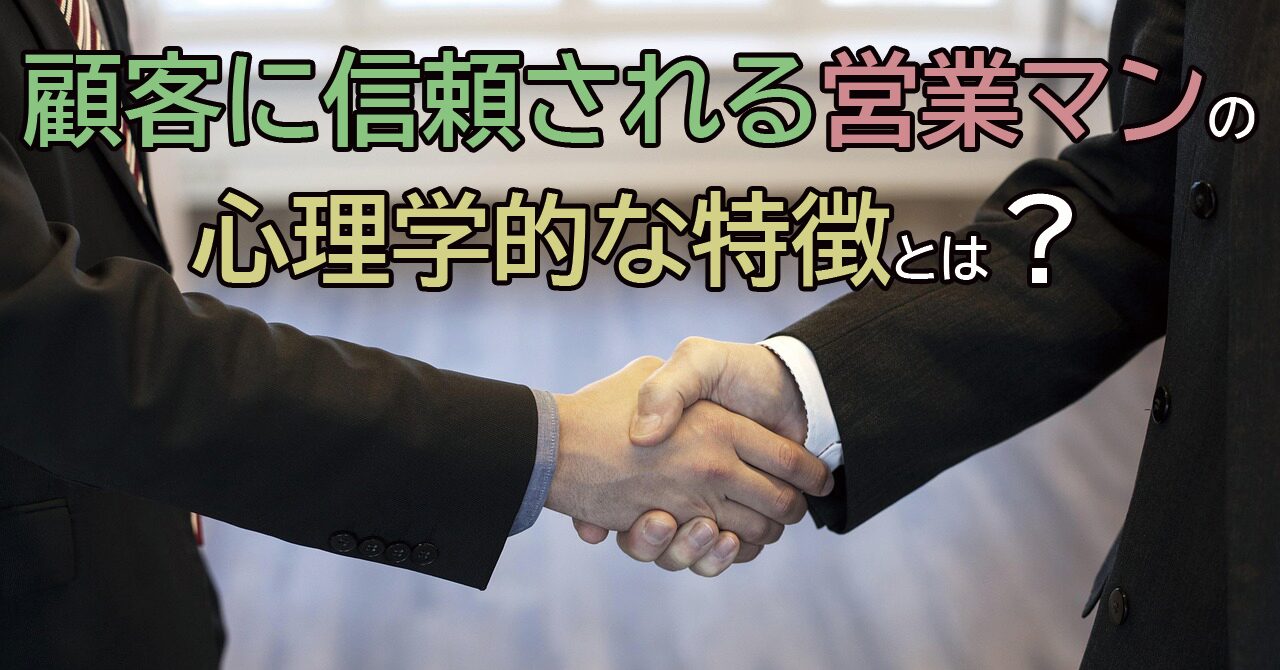The column is a set of introductions to the science.
In this article, I raise the topic of the Behavioral Economics because the researcher in this area won the Novel Prize recently.
He is Dr. Richard Thaler.
Reason to the Prize: for his contribution to behavioral economics.
His research area is "Behavioral Economics" in Economics. However, we know economics a little, but not Behavioral Economics so much.
What is behavioral economics ?
Many people do not understand the difference between economics and behavioral economics.
The behavioral economics is so scientific.
I like science ! So, I introduce the behavioral economics.
What is the principle of behavioral economics ?
In order to answer this question, you had better learn the history of behavioral economics. So we go back to the past !
①Rough History
By Ninety fourties, Economics was based on the presupposition that human being were rational creature. Under that, economics succeeded. What is the rationality ? It is like a very reasonable robot that could choose best answer to make their interest highest anytime.
In Ninety Fifties, however, a researcher, his name is Allias, pointed out that the economic theory based on that supposition did not match some behavioral results. In his articles, human did not behave to make the best answer for highest interests, but often to choose the higher interests from a short term.
In 1979, Tversky & Kahneman suggested the Prospective Theory.
There are 4 points in this theory.
1) human did not decide to behave by reference of absolute gains. But, they behave to increase or decrease their relative gains by a set point.
2) human is more serious about a loss than a gain.
3) human has the demining sensibility with gain and loss.
ex) They feel satisfied to gain $200 from $100 compared with $10200 from $10100.
4) This theory is incorporated in the probability weighing(this weighing moves sensibly).
Tversky & Kahneman claimed publicly that humans are not rational creatures.
Dr. Thaler adopt this theory to economics at first time
※In psychology, the prospect theory is only the research which was received the Nobel Prize. In 2002, Kahneman won the Prize.
スポンサーリンク
②At last, what is behavioral economics ?
・Behavioral Economics did not only change the idea of human beings.
・Researchers in this area did not use simulations, but they conduct experiments. Economics based on the experiments is "Behavioral Economics".
・How do they conduct experiments ?
I think the Ultimate Game is the most popular experiment. I introduce the experiment method below.
◇ Two participants, white is A and Black is B.
◇ a participant(A) is given settled money($20)
◇ A decides the price which A will give B. B knows the A' decision.
◇ B choose if he receive or deny the price A presented. The key point is that if B denies the A' presentation, the residual money A has were confiscated.
◇ If B receives the presentation, B receives the money of the price and A gains the residuals.

・a typical result is below

※In this graph, participants are the receiver.
The possibility that B receives A' presentation.
スポンサーリンク
③ Interesting Point of behavioral economics
・Some people has a question.
・If human is rational, they receive all A' presentation including minimum gain. If B denies, both A and B have no gain.
・Human is not a rational creature.
④ The current topic in behavioral economics.
・Neuroscientific method is one of main topic().
The word "Neuroeconomics" exists.
In addition, applying these research, there is "Neuromarketing".
・I introduce basic research, but also applied research are many. Some people are interested in the latter.
スポンサーリンク
References
Scientific Background on the Sveriges Riksbank Prize in Economic Sciences in Memory of Alfred Nobel 2017 RICHARD H. THALER: INTEGRATING ECONOMICS WITH PSYCHOLOGY The Committee for the Prize in Economic Sciences in Memory of Alfred Nobel THE. https://www.nobelprize.org/nobel_prizes/economic-sciences/laureates/2017/advanced.html
Gabay et al. (2014) The Ultimatum Game and the brain: A meta-analysis of neuroimaging studies, Neuroscience and Behavioral Reviews, 47, 549-558
Knoch et al. (2006) Diminishing Reciprocal Fairness by Disrupting the Right prefrontal Cortex, Science, Vol. 314, 829-832
Sanfrey et al. (2003) The Neural Basis of Economic Decision-Making in the Ultimatum Game, Science, Vol. 300, 1755-1758
スポンサーリンク


